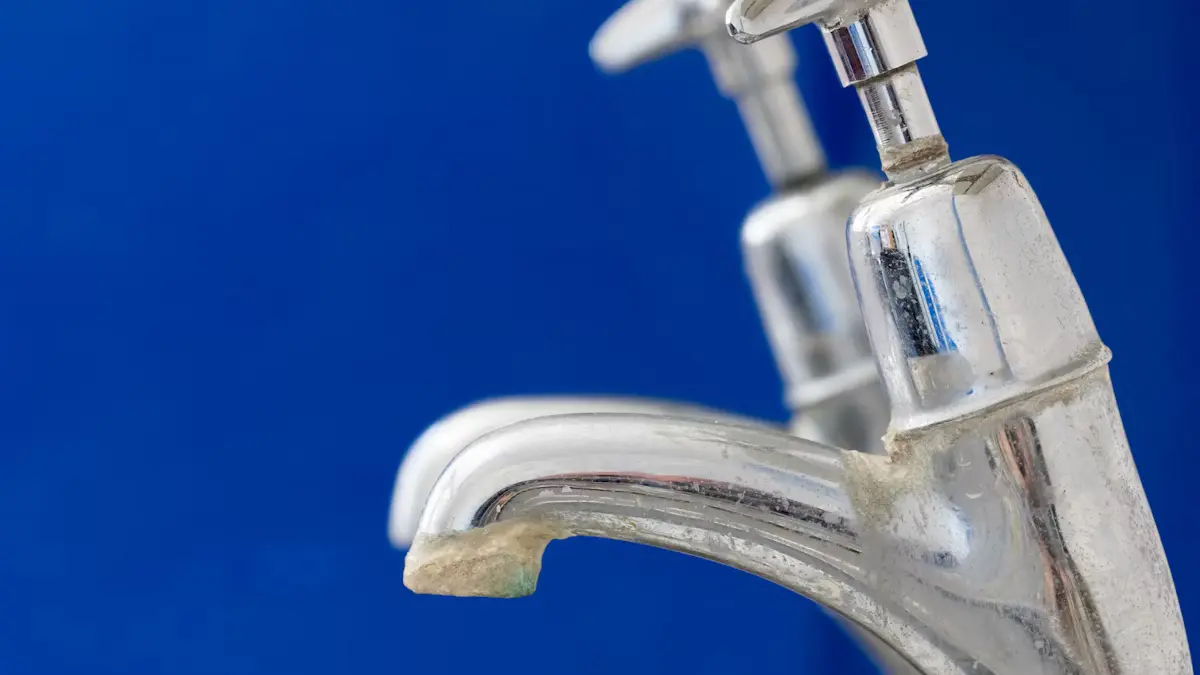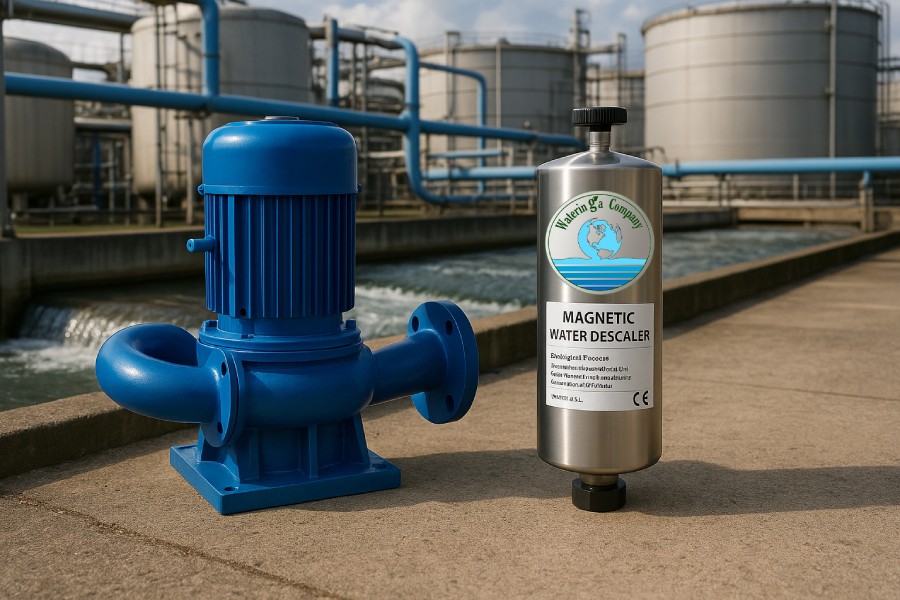Introduction
Water descaling machines are essential appliances for maintaining the performance and longevity of various water-dependent systems. Whether it’s your coffee machine, dishwasher, or plumbing system, limescale buildup can cause significant damage and decrease efficiency over time. In this comprehensive guide, we will explore the importance of water descaling, how water descaling machines work, the benefits of using them, and tips for choosing the right machine for your needs.
The Importance of Water Descaling
Understanding limescale buildup
Limescale, also known as calcium carbonate, is a common mineral deposit that accumulates on surfaces in contact with hard water. When water is heated or evaporates, it leaves behind calcium and magnesium deposits that form limescale. Over time, limescale buildup can clog pipes, reduce water flow, and impact the performance of appliances.
Negative effects of limescale buildup
The presence of limescale can have several negative effects on water-dependent systems. It can decrease the efficiency and lifespan of appliances, increase energy consumption, and lead to costly repairs or replacements. For example, a coffee machine with limescale buildup may produce bitter-tasting coffee and have slower brewing times. Similarly, a dishwasher with limescale can leave spots on dishes and require more detergent to achieve satisfactory results.
Benefits of water descaling
Water descaling is the process of removing limescale from water-dependent systems. By regularly descaling your appliances, you can experience several benefits, including:
- Improved performance: Descaling restores the efficiency of appliances, ensuring optimal performance and longer lifespan.
- Energy savings: Appliances free from limescale operate more efficiently, reducing energy consumption and saving money on utility bills.
- Better water quality: Descaling improves the taste and clarity of water, enhancing the overall drinking and cooking experience.
- Cost savings: Regular descaling can prevent costly repairs or replacements of appliances affected by limescale buildup.
How Water Descaling Machines Work
Understanding the descaling process
Water descaling machines utilize a process called ion exchange to remove limescale from water. These machines contain a resin tank filled with small resin beads that attract and trap calcium and magnesium ions from the water. As the water flows through the resin tank, the calcium and magnesium ions are exchanged for sodium ions, effectively softening the water.
Different types of water-descaling machines
There are two main types of water-descaling machines:
- Salt-based water descalers: These machines use salt or potassium chloride to regenerate the resin beads in the tank. The salt is dissolved in water and flushed through the resin tank, replacing the trapped calcium and magnesium ions. Salt-based descalers are effective in removing limescale but require regular salt replenishment.
- Salt-free water descalers: These machines use alternative technologies, such as electromagnetic fields or template-assisted crystallization, to prevent limescale buildup without the use of salt. Salt-free descalers are low-maintenance and do not require salt replenishment, making them a convenient option for those concerned about sodium intake or who prefer a salt-free solution.
Installation and maintenance
Water descaling machines typically require professional installation, especially for salt-based systems that involve plumbing modifications. It is important to follow the manufacturer’s instructions for proper installation and maintenance. Regular maintenance may include replenishing salt, replacing filters, or monitoring the system’s performance.
Tips for Choosing a Water Descaling Machine
Consider your specific needs
When selecting a water-descaling machine, consider the following factors:
- Water hardness: Determine the hardness level of your water to choose a machine that can effectively handle the limescale buildup in your area. You can test your water hardness using a water testing kit or consult your local water utility company.
- Appliance Compatibility: Ensure that the machine is compatible with the appliances you wish to describe. Some machines may have limitations on the types of appliances they can effectively descale.
- Installation requirements: Consider the installation process and whether professional assistance is required. Salt-based systems may require plumbing modifications, while salt-free systems are generally easier to install.
- Maintenance and cost: Evaluate the maintenance requirements and ongoing costs associated with the machine. Salt-based systems require regular salt replenishment, while salt-free systems may require filter replacements or periodic system checks.
Read customer reviews and ratings
Before making a purchase, read customer reviews and ratings of different water descaling machines. This can provide valuable insights into the effectiveness, durability, and overall satisfaction of the product. Look for reviews from customers who have similar water conditions and appliance needs as yours.
Compare features and warranties
Compare the features and warranties offered by different water descaling machines. Look for features such as adjustable settings, water flow rate compatibility, and user-friendly controls. Additionally, check the warranty period and coverage to ensure you are protected against any potential manufacturing defects.
Consult with professionals
If you are unsure about the best water descaling machine for your needs, consider consulting with professionals in the field. Plumbers, water treatment specialists, or appliance technicians can provide valuable advice and recommendations based on their expertise and experience. They can assess your specific situation and guide you toward the most suitable water-descaling solution.
Conclusion
Water descaling machines are essential tools for maintaining the performance and longevity of water-dependent systems. By removing limescale buildup, these machines improve efficiency, save energy, and prevent costly repairs or replacements. When choosing a water-descaling machine, consider factors such as water hardness, appliance compatibility, installation requirements, and maintenance costs. Reading customer reviews, comparing features and warranties, and consulting with professionals can help you make an informed decision. Invest in a quality water descaling machine to ensure optimal performance and extend the lifespan of your appliances.




